The CMP Review — Week of April 29
April 29, 2024

“It is helpful to remember that we don’t have to do everything or have everything. … Today we have so overcomplicated and stressed our lives, minds, and bodies with the ‘too much’ that we’ve lost a ‘pearl of great price’: the basics of wholesome everyday life at home. A balanced life.” (Susan Schaeffer Macaulay, For the Family’s Sake)
@tessakeath
April 30, 2024
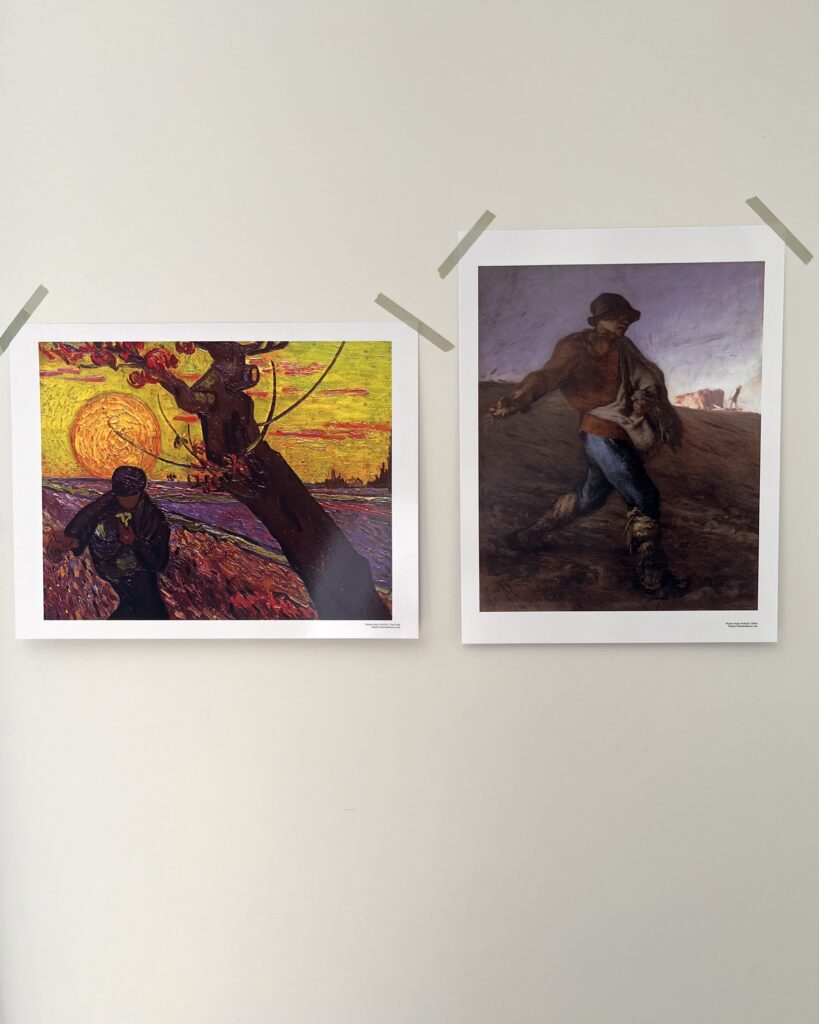
Can the appreciation of art be taught?
The first appointed lecturer of the National Gallery, S.C. Kaines Smith, explores this question with wit and humor—all while holding the child in high esteem. He also offers another method of picture study by hanging two pictures that are alike in subject, but different in atmosphere.
Read or listen to Kaines Smith’s charming anecdotes in the latest article in our series on picture study. Find it here.
@rbaburina
May 1, 2024
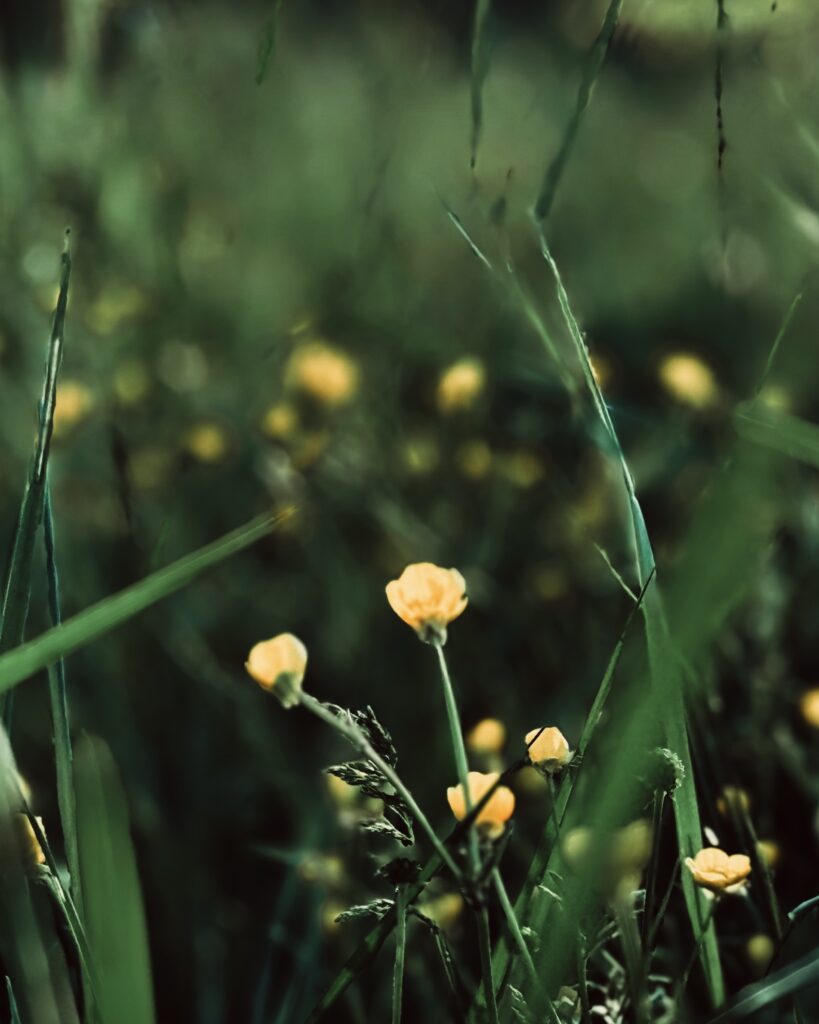
“The first buttercup in a child’s nature notebook is shockingly crude. The sort of thing to scandalize a teacher of brush drawing, but by and by, another buttercup will appear with the delicate poise, uplift, and radiance of the growing flower.”
CM, Philosophy of Education, page 217.
@rbaburina
📷 @aolander
May 2, 2024
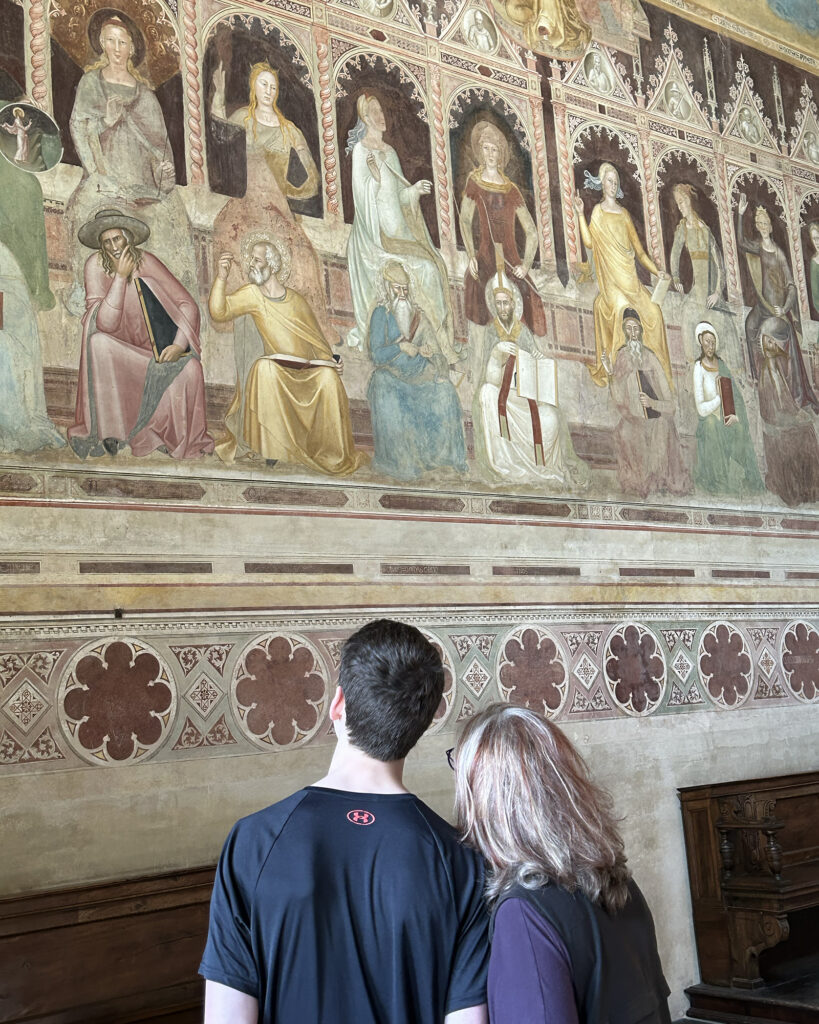
“… at last, after closely following out the lines of a fresco or two, and looking up and up again to the colored vaults, it will become to you literally one of the grandest places you ever entered…
“[The artist] put his own force on with a will; and produced the most noble piece of pictorial philosophy and divinity existing in Italy.”
— John Ruskin
@artmiddlekauff
May 3, 2024

This Canada goose has been hanging around just outside of the library here on campus where we live.
Almost two weeks ago, one of our neighbours told us she saw 5 large eggs in a nest. Ever since then, we have been nonchalantly walking by, being sure to give our goose a very wide berth, while she watches us intently, but we’ve not seen the eggs or the nest without her sitting on them!
The library director took this photo from inside the library.
This goose is a formidable mom. We dare not go close to her or disturb her in any way. We would love to see the eggs, though, but we’ve just not been able to time it properly.
We sure are looking forward to seeing the goslings one day!
📷: @hahaloen
@antonella.f.greco
May 4, 2024
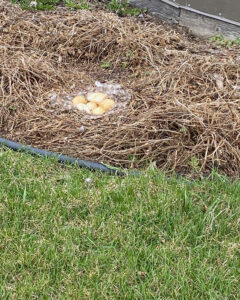
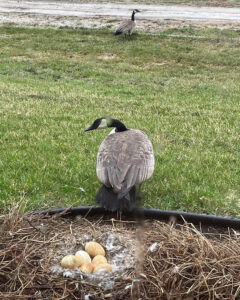
Guess what!?! One of our neighbourhood friends stopped by at just the right time and she saw six eggs!
The goose had flown away to a nearby ditch. Surely to get some sustenance for herself. It’s quite the endeavour, sitting there, in, dare I say it, not the most sheltered or hidden place possible on campus.
Here’s a snippet of the message she sent to us along with this photo:
Mother goose was not on her nest! I, with fear beating in my chest, moved closer for a photo of how many eggs! I kept my eye out for mother goose. And then she came, flying in and I RAN hahaha. I won’t go back for a while. I’ll let her forget who I am. 😂
Again, a mother goose, guarding her precious eggs, is a formidable character!
And, again, we can’t wait to see the goslings!
ETA: the library director also got a photo from inside with the mama (and the dad, or a friend?) nearby. An embarrassment of riches!
📷: @maggydean_ and @hahaloen
@antonella.f.greco
May 5, 2024
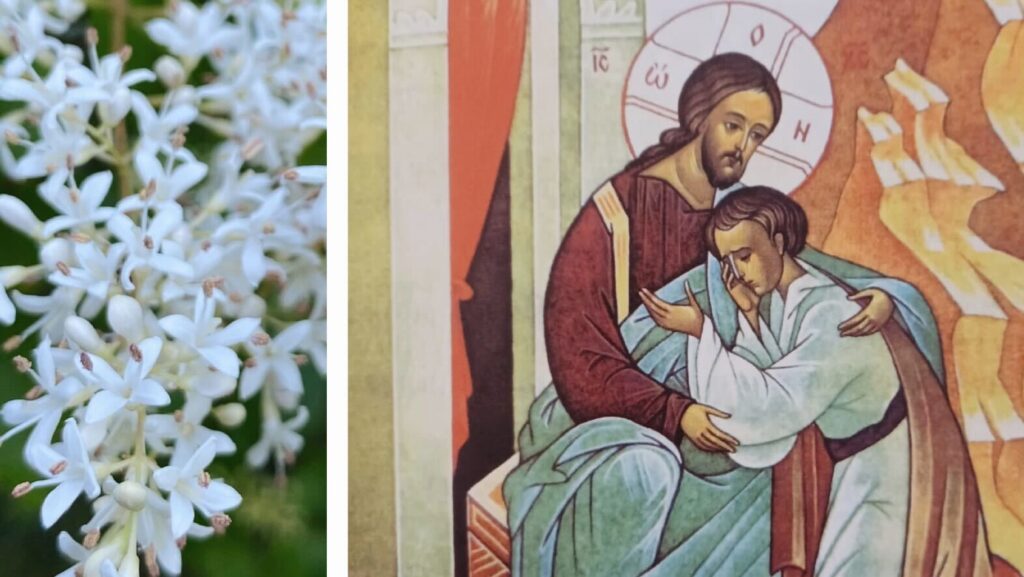
In her book Restless Devices, Felicia Wu Song describes her emotions after reading these words of Tish Harrison Warren:
In church each week, we repent together… Confession reminds us … our failures or successes in the Christian life are not what define us or determine our worth before God or God’s people. Instead, we are defined by Christ’s life and work on our behalf. We kneel. We humble ourselves together. We admit the truth.… And then—what a wonder!—the word of absolution: “Almighty God have mercy on you, forgive you all your sins through our Lord Jesus Christ, strengthen you in all goodness, and by the power of the Holy Spirit keep you in eternal life.”
Felicia Wu Song recalls that these words made her “slam on the brakes.” She explains: “To run across such an account of Christian confession and absolution is to come up against what feels so stunningly like an alternate universe. This description brings into sharp relief the vast distance between the posture we practice when we are steeped in the social imaginary of our permanent connectivity and the posture that Christian spirituality encourages. Our typical digital practices of keeping up, grasping for attention, and seeking the reward of affirmation begin to feel paltry and thin against the sheer magnificence of what is promised in the ritual of confession: to be invited to freely admit our failures and discover that we are still loved and welcomed.”
Sometimes our words of confession are impromptu and extemporaneous. And sometimes our words follow a form, and ancient or modern prayer. Charlotte Mason’s poem “I have transgressed” might well be one such form. Her beautiful verses give us the words we need “freely admit our failures.” Read or hear them here, and then delight in the knowledge that we are still loved.
@artmiddlekauff